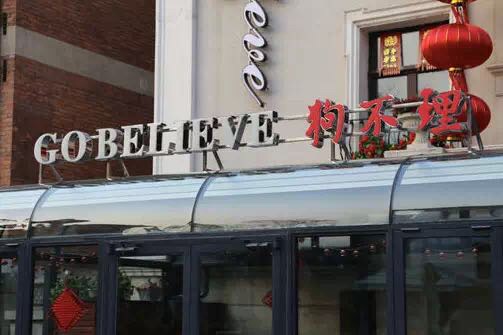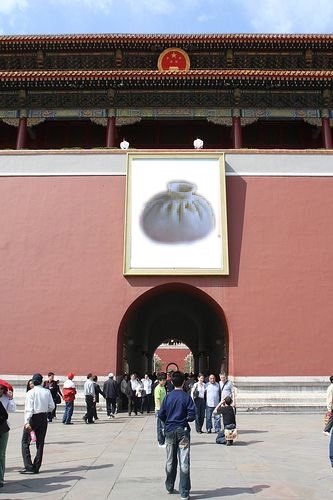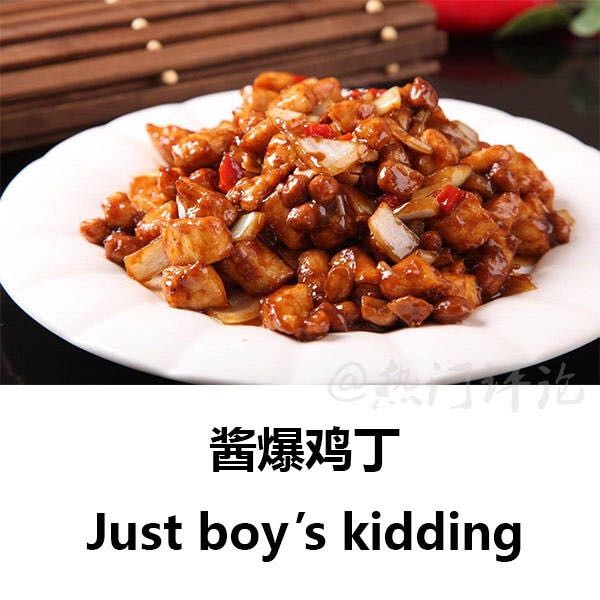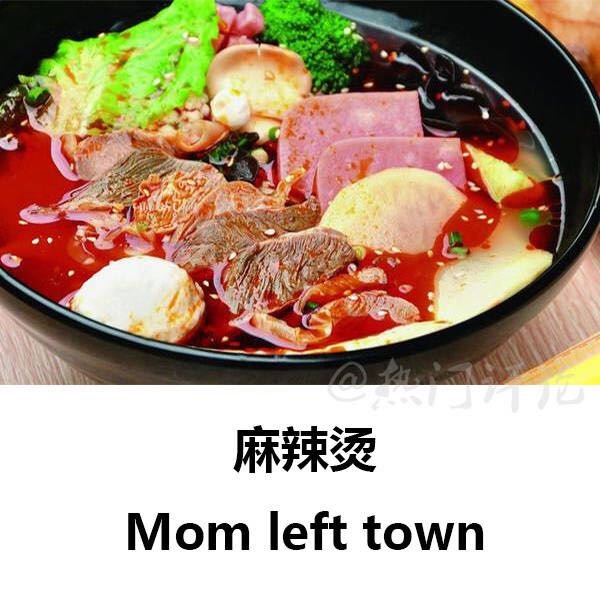Go Believe
« previous post | next post »
Zeyao Wu sent in this sign on a restaurant:
The Chinese name is:
Gǒu bù lǐ (bāozi)
狗不理(包子)
"(Buns that) a dog wouldn't notice"
For this peculiarly named type of bun, see:
- "Real BeijingeRs" (2/25/09)
- "The letter * has bee* ba**ed in Chi*a" (2/26/18)
The Goubuli bun even has its own Wikipedia entry, complete with etymology, and versions in Taiwanese, French, Korean, Japanese, Simple English, Cantonese, and Mandarin.
The humble steamed, stuffed bun (bāozi 包子) has taken on nearly mythic proportions in China now, since Chairman Xi ate them in public (see also here).
Zeyao remarks:
Internationalization requires more and more Chinese shops to have their English names, but I think we still have problems with how to translate Chinese names. "Go Believe" does not make any sense.
This type of English "translation" of Chinese proper names has become quite the fashion nowadays. Here are some more for food dishes:
niúròu lāmiàn ("beef stretched-noodles")
See "Pulled noodles: Uyghur läghmän and Mandarin lāmiàn" (8/8/14)
jiàngbào jīdīng ("sautéed diced chicken with soy / bean sauce")
málà tàng ("numbing spicy hot [soup]")
Cf. "Wonton in Zanthoxylum schinifolium etzucc sauce" (5/6/15)
tǔdòu niúròu ("potatoes with beef")
This (transcribing Chinese with English words) is the opposite of transcribing English words with Chinese characters, for which see:
- "Sinographically transcribed English" (12/26/10)






Keith said,
October 4, 2018 @ 5:42 am
It looks to me like a very obvious choice of finding English words that sound somewhat similar to "Gǒu bù lǐ".
I don't find "Go Believe" any less understandable than "The GAP", and I wonder how many people know what REI stands for (I think I'd visitied the stores a dozen times before I actively went looking for the full name).
Keith said,
October 4, 2018 @ 5:44 am
Oh, and something I missed out of my previous message: how does "go believe" make any less sense than "go figure"?
DBMG said,
October 4, 2018 @ 6:03 am
"Mom left town" immediately made me think of a less flattering variant of "Buddha jumps over the wall".
Victor Mair said,
October 4, 2018 @ 9:39 am
https://en.wikipedia.org/wiki/Buddha_Jumps_Over_the_Wall
Victor Mair said,
October 4, 2018 @ 9:40 am
"…how does 'go believe' make any less sense than 'go figure'?"
It's supposed to be a translation / transcription of "Gǒu bù lǐ 狗不理" ("a dog wouldn't notice").
Alex said,
October 4, 2018 @ 7:21 pm
In 2008, in anticipation of the 2008 Summer Olympics which were to be held in Beijing, Goubuli decided to adopt an English name, "Go Believe", in hope of better name recognition by foreign guests. However, this was met with heavy criticism by Chinese netizens.
Im trying to imagine if we had to use English words to transcribe their names like the way they use chinese characters to create names for Western proper nouns.
Perhaps that could be a game!
Famous Chinese places and historical names.
It shows the absurdity that I have to deal with on a weekly basis trying to discuss movies and their starts or sports people or politics.
Jerry Packard said,
October 5, 2018 @ 9:09 pm
Great post. Thanks, Victor!
Yeli Renrong said,
October 14, 2018 @ 3:01 am
There at least used to be a place called "Go Believe Bakery" in NYC's Chinatown.